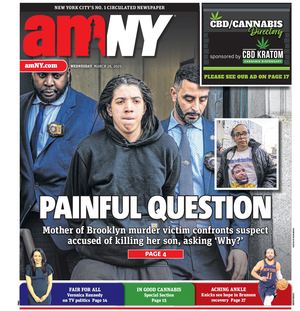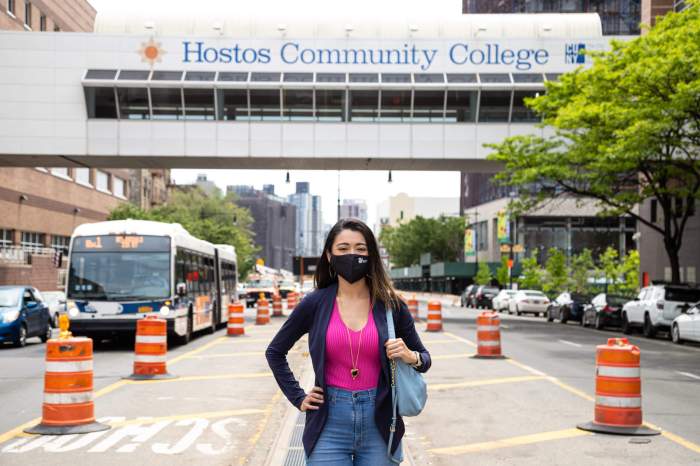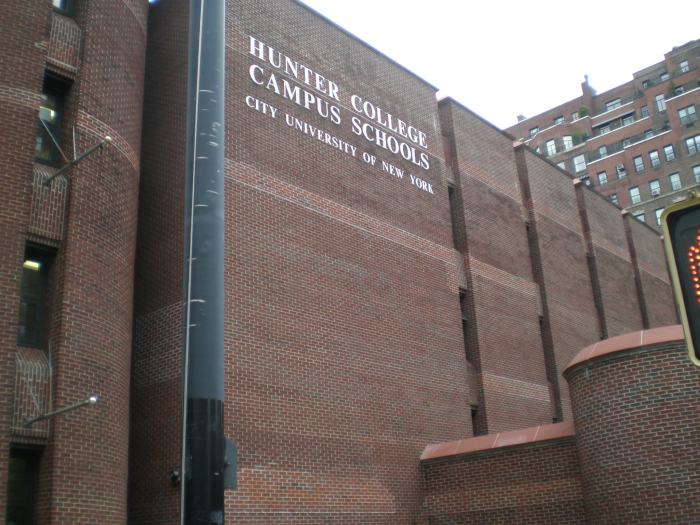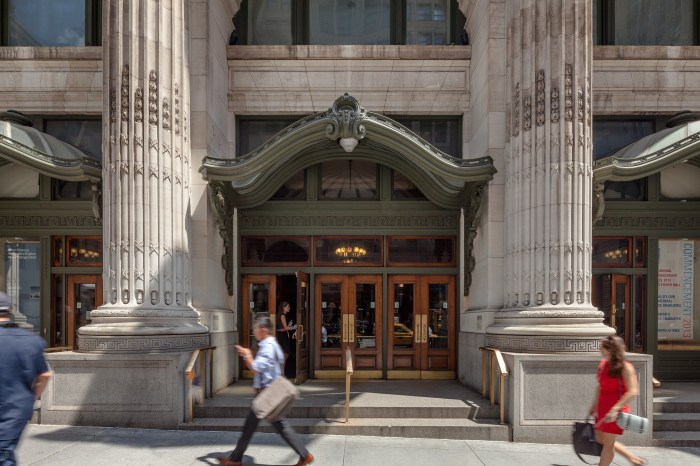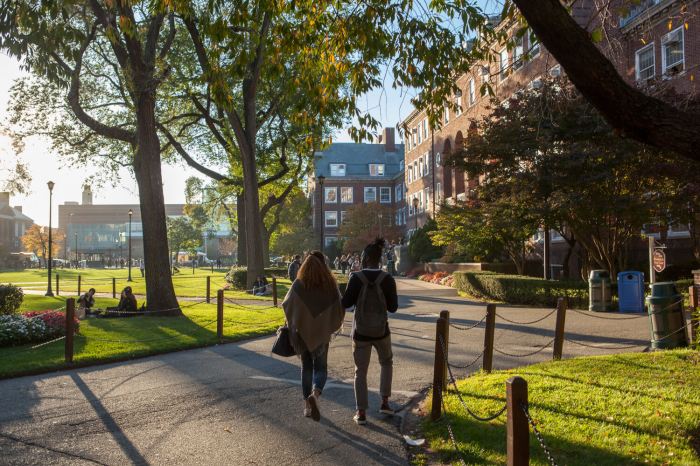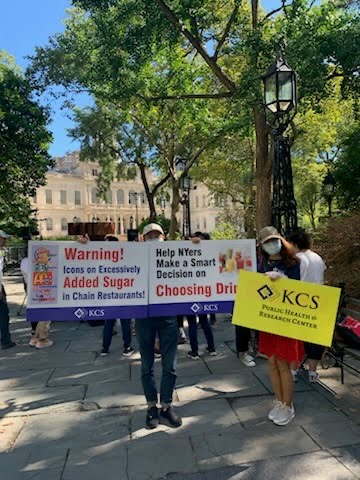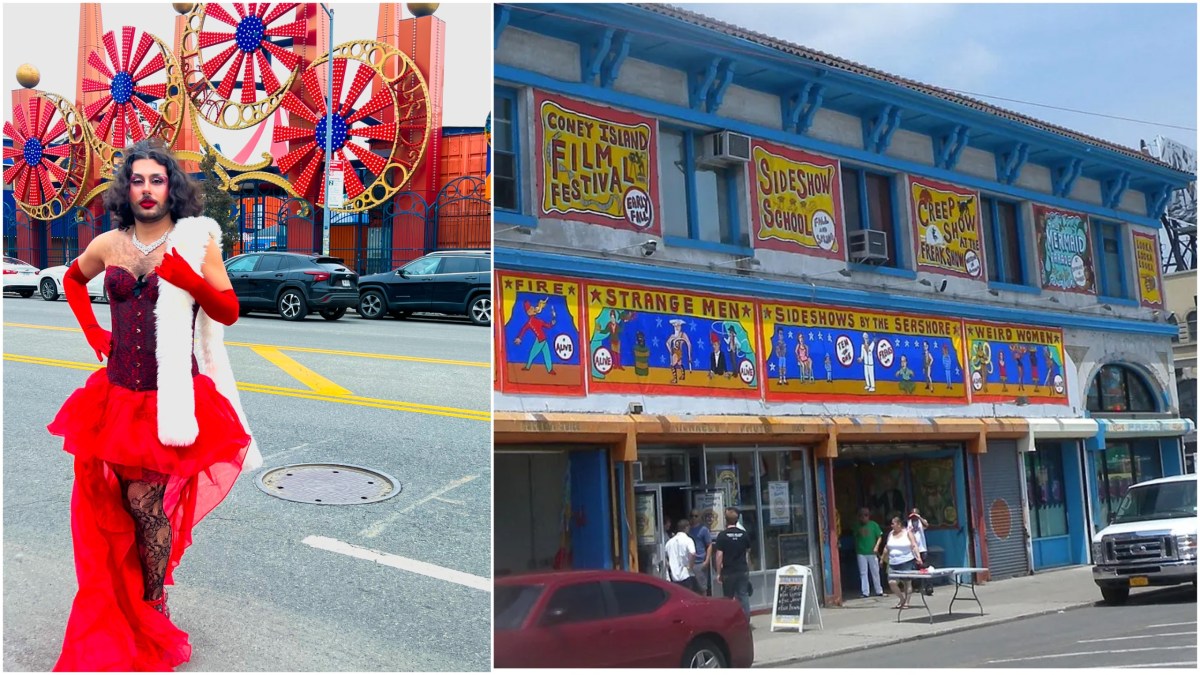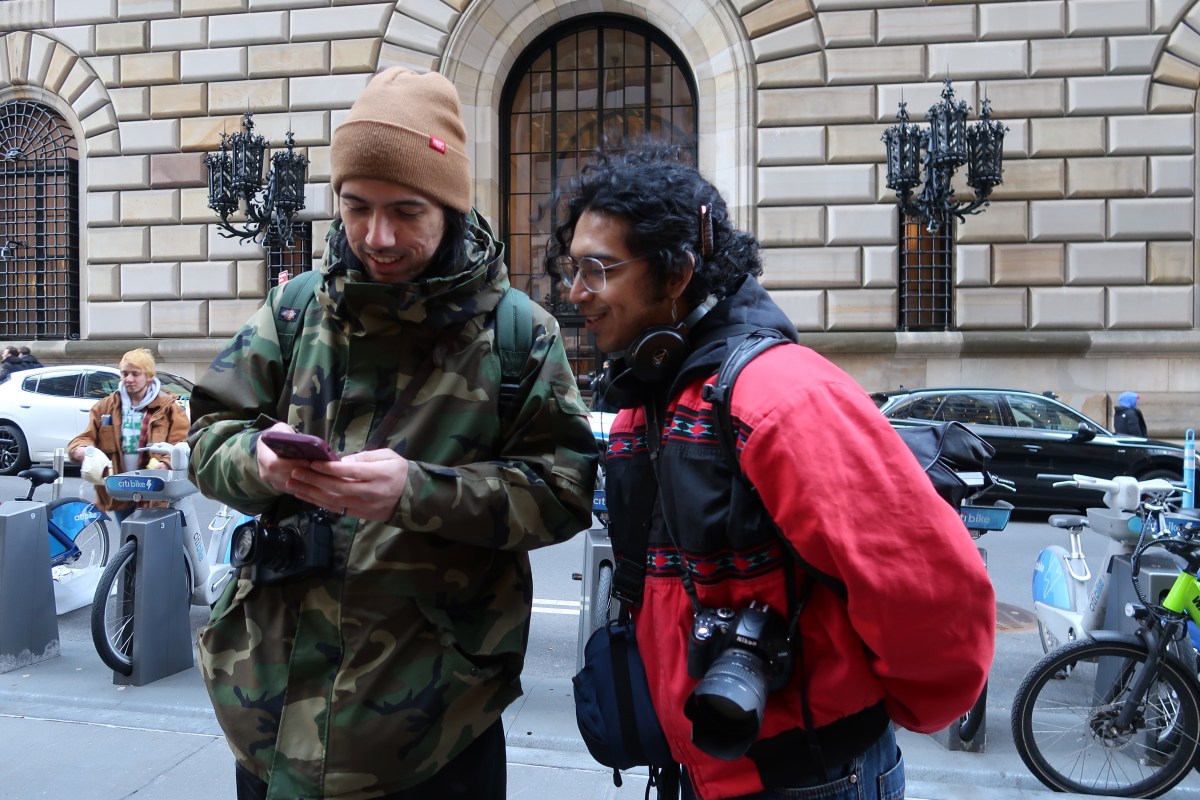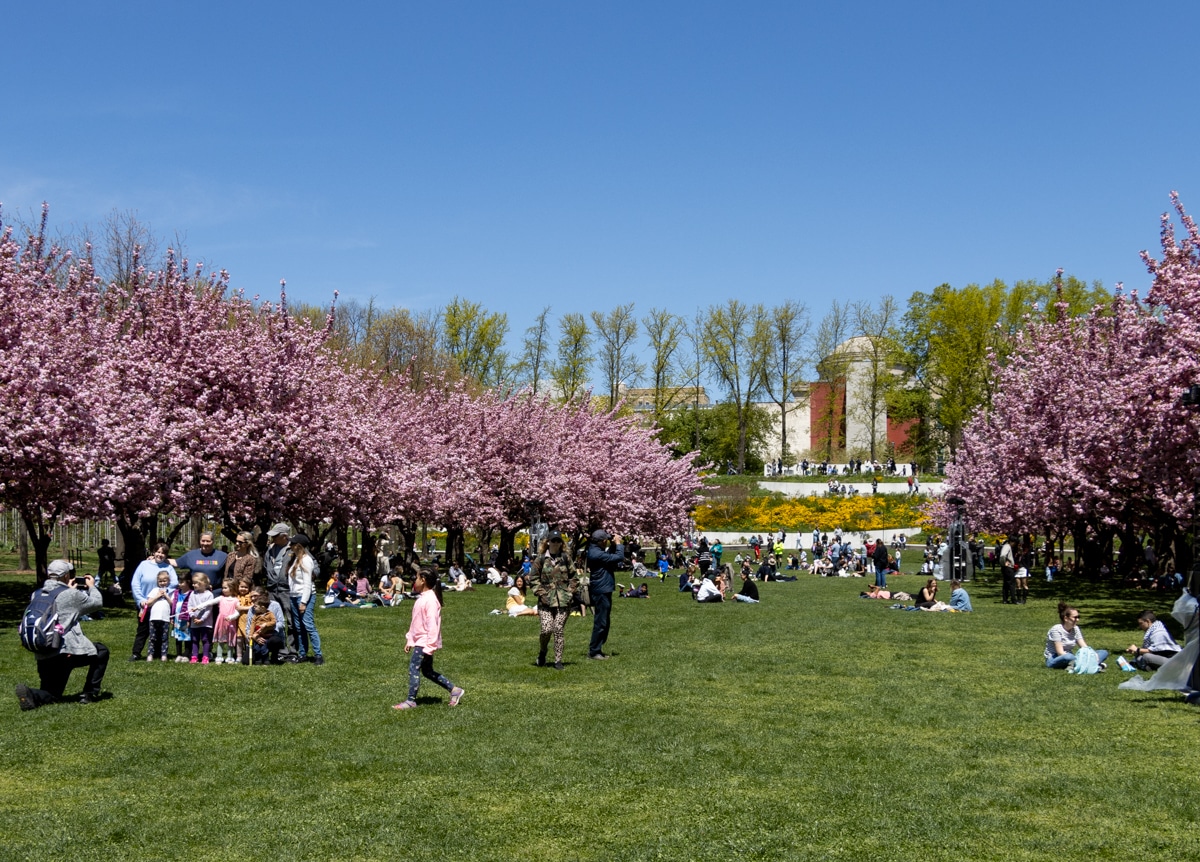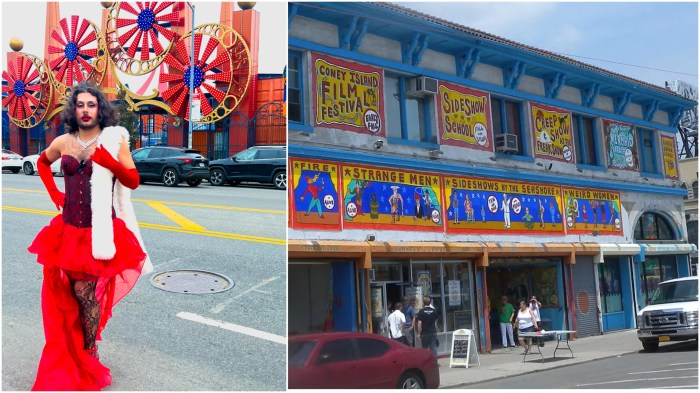The City University of New York (CUNY) is a major driver of economic mobility for its graduates. CUNY schools were recently found at the top of a ranking of New York universities by return on investment. A report by former City Comptroller Scott Stringer found that CUNY graduates pay upwards of $4 Billion in taxes in New York State. CUNY’s value goes beyond earnings. Mayor Adams, Speaker Adams, Public Advocate Williams, and nineteen current city council members, are CUNY alums. Like most CUNY students today, they came from immigrant families, were the first in their families to attend college, and struggled financially.
Yet, Mayor Adams continues to defund our education and future. CUNY has been cut by $60M in FYs 23 and 24, with most of the money being cut from the very CUNY community colleges where he got his start. One key program on the chopping block, Accelerate, Complete, Engage (ACE) is invaluable to CUNY’s students’ ability to graduate. Today, students, faculty, and staff are rallying at City Hall to call on Mayor Adams to stop the cuts to CUNY and for the City Council to remain strong in negotiations to fully fund CUNY.
I attend The City College of New York, part of CUNY, and am part of a course on Community-Based Research. As part of the course, my classmates and I surveyed nearly 400 City College students–a statistically sound, random sample–to gauge their level of concern on a range of issues affecting students. We found high levels of concern on nearly all of our questions.
The greatest concern was tuition: 71 percent of our respondents said that they were extremely or very concerned about tuition costs. This is remarkable because nearly the same percentage of students receive Federal Pell Grants, state Tuition Assistance Program (TAP), CUNY-specific scholarships, or private scholarships. And yet, the concern persists because these programs are finite and students are forced to deal with financial aid rules that are rarely straightforward and offices that are understaffed. Even the relatively low tuition at CUNY can still be a burden for students who do not get financial aid.
Our respondents were also very concerned about campus infrastructure: 64 percent expressed significant concern about escalators that do not regularly work, and 60 percent said they were extremely or very concerned about the poor library and computing conditions. Beyond the concerns about physical infrastructure, 67 percent cite extreme or very high concern about the availability of classes. Between 59 and 62 percent express the same level of concern about availability of faculty, access to advisors and counselors. As students, we know what lies behind the numbers, too. The long history of cuts and tuition hikes have strained CUNY schools’ budgets, and they are still trying desperately to emerge from chronic financial crises.
By contrast, our research leads us to support the call to restore and expand CUNY’s funding in New York City’s FY24 budget. Students deserve an environment where they can achieve their academic goals, enter the workforce, and have support and safety systems in place. Mayor
Adams can demonstrate his commitment to the needs of New York’s young people by investing in a budget that ensures the success of CUNY for generations to come. We are calling for full restoration of the budget plus $35.5 million to hire 264 full-time academic advisors, expand the student MetroCard program for CUNY students, $ 11 million for a mental health workforce retention and development initiative, and $10 million for 58 full-time mental health counselors. All these are things CUNY students demonstrably care a lot about. We need Speaker Adams and the rest of the Council to hold the line on CUNY funding. And we need Mayor Adams to remember where he comes from.
Kathryn Gioiosa is a first-year student at the City College of New York.
